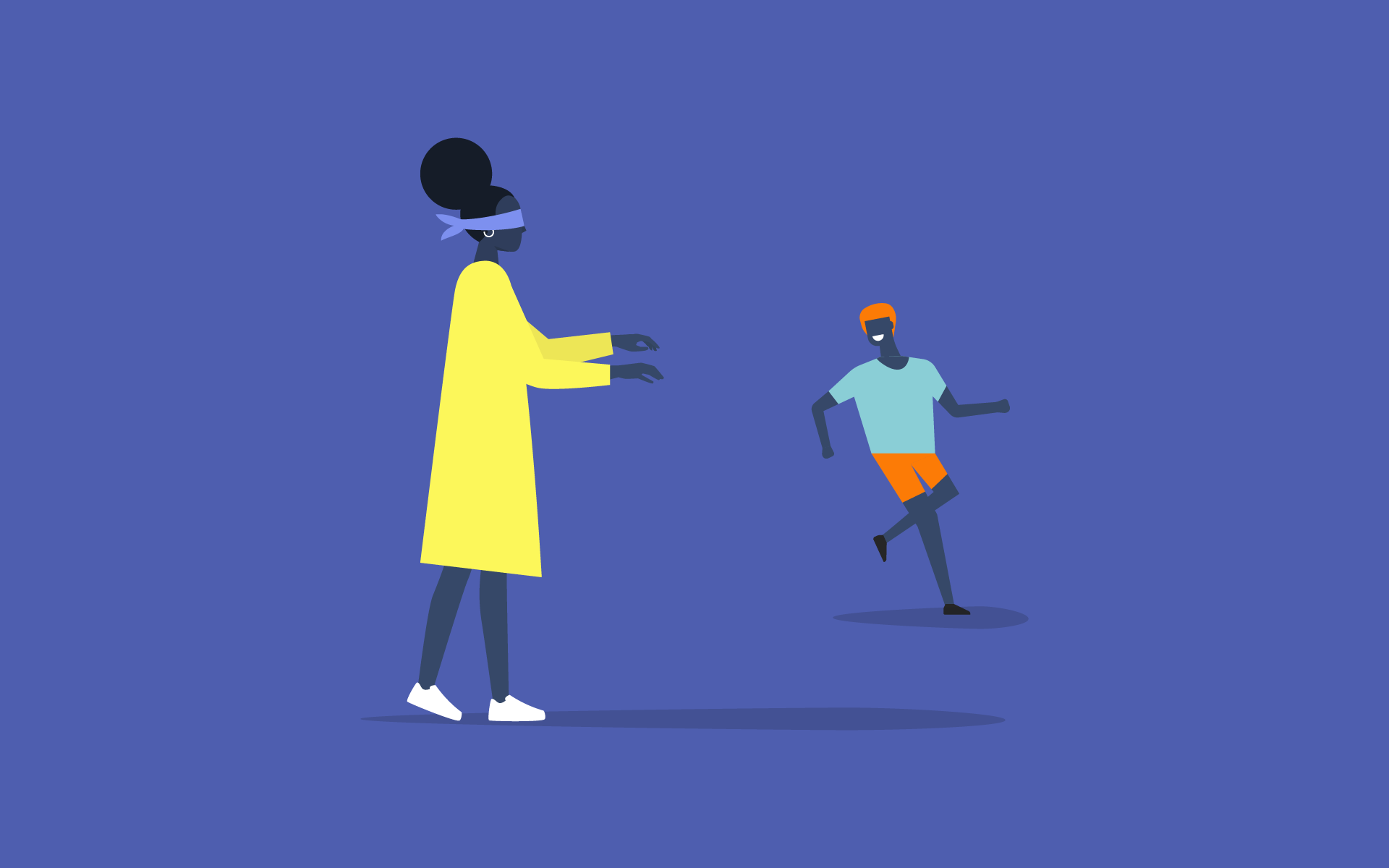From hide-and-seek to Nerf Gun battles, play is good for grown-ups too

The more you play, the less you stress.
When I was commissioned to write an article on “play”, I felt quite smug.
I know this, I thought. I’m good at playing.
But when I polled my social media community for their playful activities, I realised how playfulness is not as much a part of my daily life as much as I’d like it to be.
Someone shared that they play in the sea, letting the waves roll them around like seals.
Someone else said they turn the music up when they’re cooking and have rap dance-offs with their partners.
“I dress up in turbans and scarves for tea parties with my grandkids,” said another. And: “I play silly games of hide and seek with my rescue kitten.”
Reading these playful responses was like hearing the echo of a song I used to love. It made me realise that playfulness is not turned on as loudly in my daily life as I would like.
I asked my friend, Barbara, why she plays. “Because it’s fun,” she said. “I like to be ridiculous. It makes me sleep well.”
Another friend, Sarah-Belle, said that play is a reminder of the smallness of our day-to-day worries, and the ‘bigness’ of life.
Christine, a poet, told me why play is so important. ”It’s where the mind lets go and the imagination is activated.”
But what exactly is play, and why do we need it?
According to Dr Peter Gray, a research professor at Boston College and an expert on the subject, there are five essential characteristics of human play.
Play is an activity that is self-chosen and self-directed; intrinsically motivated; guided by mental rules; imaginative; and conducted in an active, alert, but relatively non-stressed frame of mind.
The National Institute for Play, a US-based NGO, backs this up, stating that adults who play experience less stress and more optimism and well-being.
Meanwhile, children who are allowed to play are faster learners, more creative, and more socially competent.
Which is why, in the interests of my own well-being, I’ve been bringing more play into my days.
I played hide and seek with our cat, revelling in the way her eyes go dark and her body tenses as she watches me, waiting to pounce when I pop out from behind the kitchen counter.
I had a dance party with our son, each of us taking turns to choose the next song and boogie around the lounge.
I’m even planning a Nerf gun war with my husband and son for an upcoming weekend. The last time we played this game, I was so weak from giggling that I couldn’t load my gun in time and was ambushed by a grinning kid.
My husband and I went out on a date night to watch a live band. It was fun to see people around us lip-syncing to their favourite songs, playing air guitar with a rock star flourish, or hamming it up for a selfie.
There were many moments when an expansive gesture or cheer from a stranger in the audience lifted our hearts, and we found ourselves raising our arms and cheering too.
As another friend, Ambre, puts it, “Play is any activity at which it’s impossible to fail.”
How can that be anything but fun?




